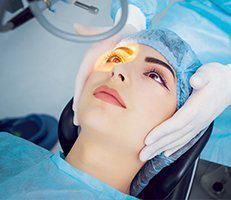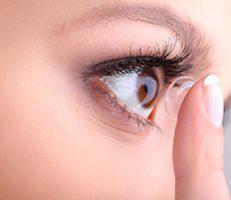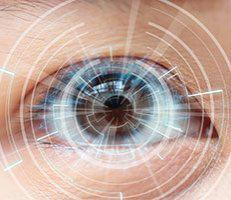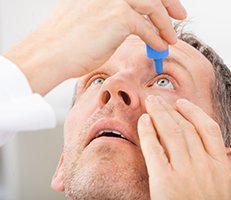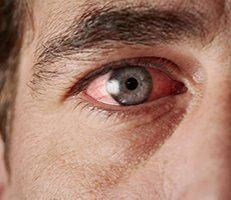Diabetic Retinopathy
- Save

Outlook Eye & Laser Center
Dip Jadav, M.D.
Cataract & Refractive Surgeon & Ophthalmologist located in Sugar Land, TX
As a diabetic, you have a lot of health issues to manage. Without properly controlled blood sugar levels, you can develop serious eye damage, a condition known as diabetic retinopathy. At Outlook Eye & Laser Center in Sugar Land, Texas, Dr. Dip Jadav offers comprehensive diagnostics and treatment of this condition to prevent vision problems and permanent loss of your eyesight. To learn more about treating and preventing diabetic retinopathy, schedule a consultation online or by phone.
Diabetic Retinopathy Q & A
What is diabetic retinopathy?
Diabetic retinopathy is a diabetes-related eye disease that results when high blood sugar levels damage the retinal blood vessels. This damage can cause the blood vessels to swell and leak blood. Those blood vessels can also close up, keeping blood from reaching your retina. Abnormal blood vessels can also develop on the retina.
The condition puts you at risk of losing your vision permanently if left untreated. It can develop in both Type 1 and Type 2 diabetics whose blood sugar is uncontrolled for long periods of time.
What are the symptoms of diabetic retinopathy?
In the early stages of diabetic retinopathy, you might not experience any symptoms at all. The condition is progressive, however, and you may start to experience:
- Vision loss
- Blurred vision
- Dark areas of vision
- Impaired color vision
- Dark spots and floaters
The condition usually affects both eyes at the same time.
How is diabetic retinopathy diagnosed?
Dr. Jadav can detect diabetic retinopathy when he dilates your eyes. He places drops in your eyes that make the pupils widen, so he can better check your eyes’ internal health. Dr. Jadav may also test your vision and your eye pressure for indications of glaucoma.
What treatment options are available for diabetic retinopathy?
If you have early stages of diabetic retinopathy, Dr. Jadav may recommend monitoring the condition before starting treatment. He works with you to improve your diabetes management activities and reduce further eye damage.
In the later stages of diabetic retinopathy, Dr. Jadav might recommend one or more treatment options that may include laser treatments or a vitrectomy, a procedure where he makes a tiny incision into your eye to remove blood and scar tissue that is pulling on your retina.
Surgery can slow the progression of diabetic retinopathy but won’t cure it. Diabetes is a chronic condition, so it’s important to always monitor your blood sugar levels and work with your family physician to keep your diabetes well-controlled, before it can lead to retinal damage.
To learn more about treatment options for diabetic retinopathy, book an appointment online or by calling the office.


